In the competitive landscape of the food industry, establishing a strong online presence is paramount for restaurant success. While creating a website using WordPress is a crucial step, there’s much more to consider beyond the development process. In this comprehensive guide, we’ll explore how restaurants can leverage WordPress to enhance their online presence, attract more customers, and thrive in the digital age.
Understanding the Role of a Restaurant Website
A restaurant website serves as a virtual storefront, providing potential customers with essential information about your establishment, menu offerings, and dining experience. Beyond its informational role, a well-designed website can also serve as a powerful marketing tool, helping to attract new customers and retain existing ones. Here are some key elements to consider:
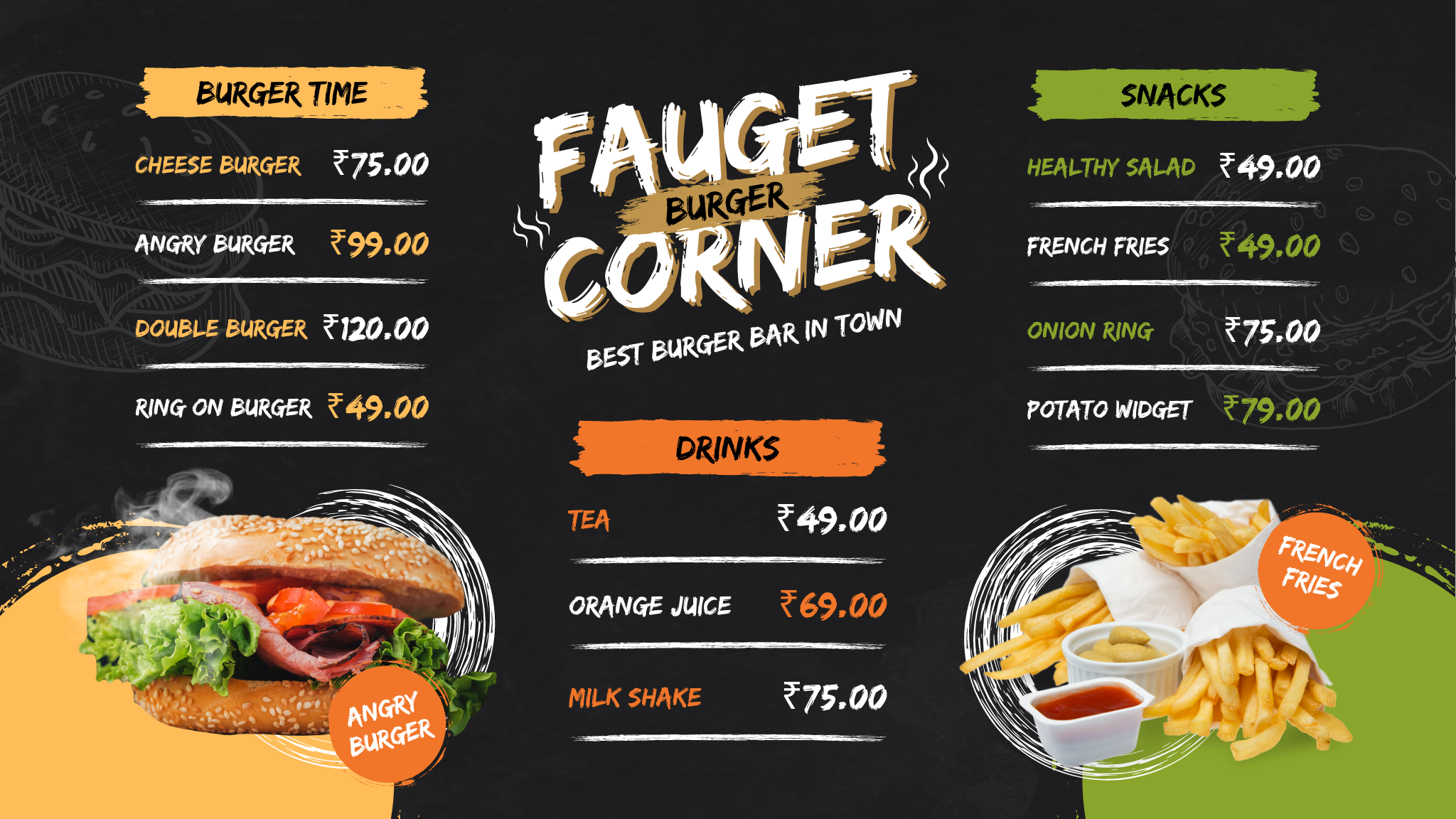
1. Menu Presentation
Your menu is one of the most critical components of your website. Ensure that it is presented clearly and attractively, with high-quality images and detailed descriptions. Consider organizing your menu into categories for easy navigation and highlighting special dishes or promotions.
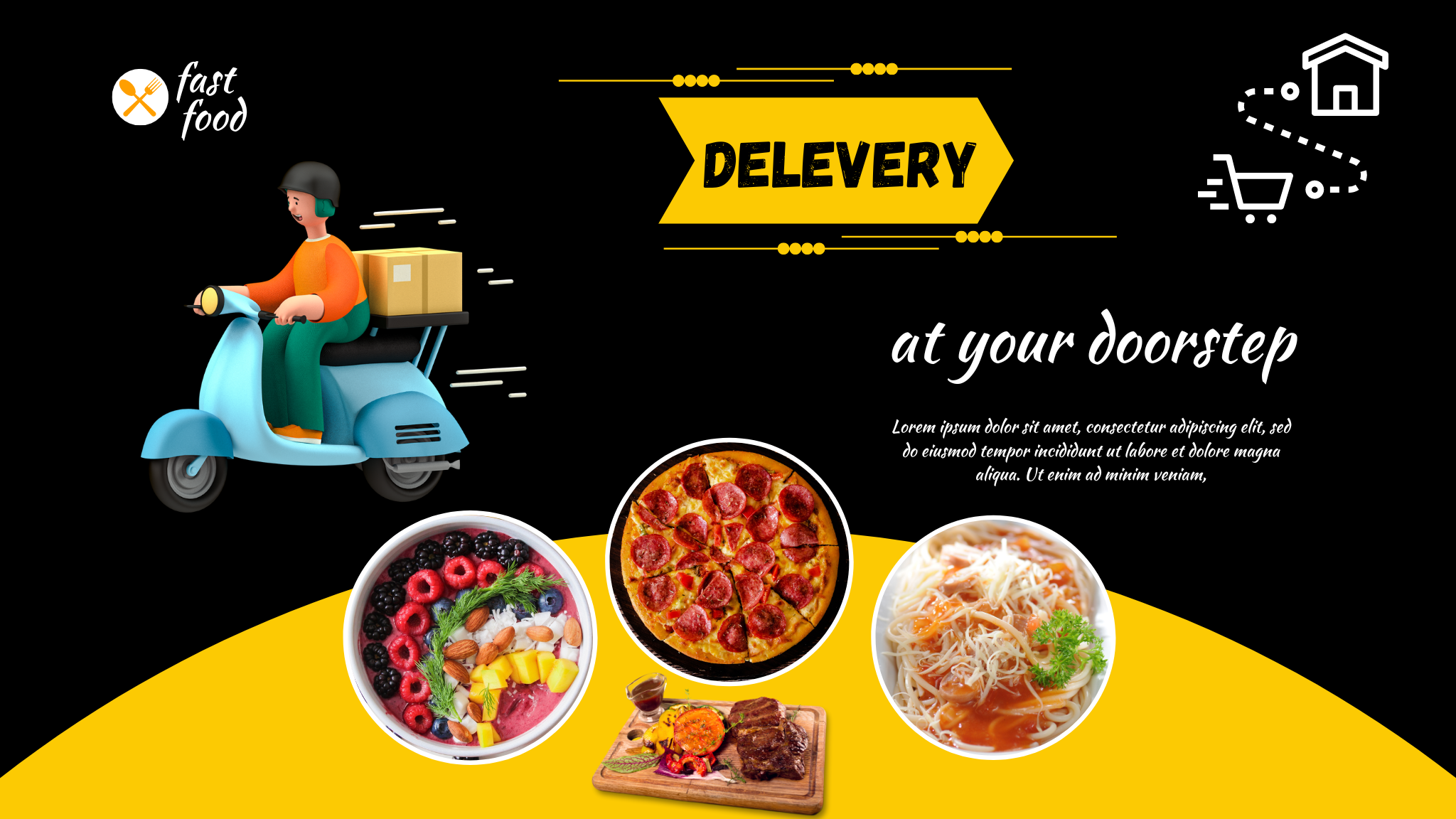
2. Online Ordering
Offering online ordering and delivery services can significantly enhance the convenience for your customers. Integrating an online ordering system into your WordPress website allows customers to place orders directly from their devices.
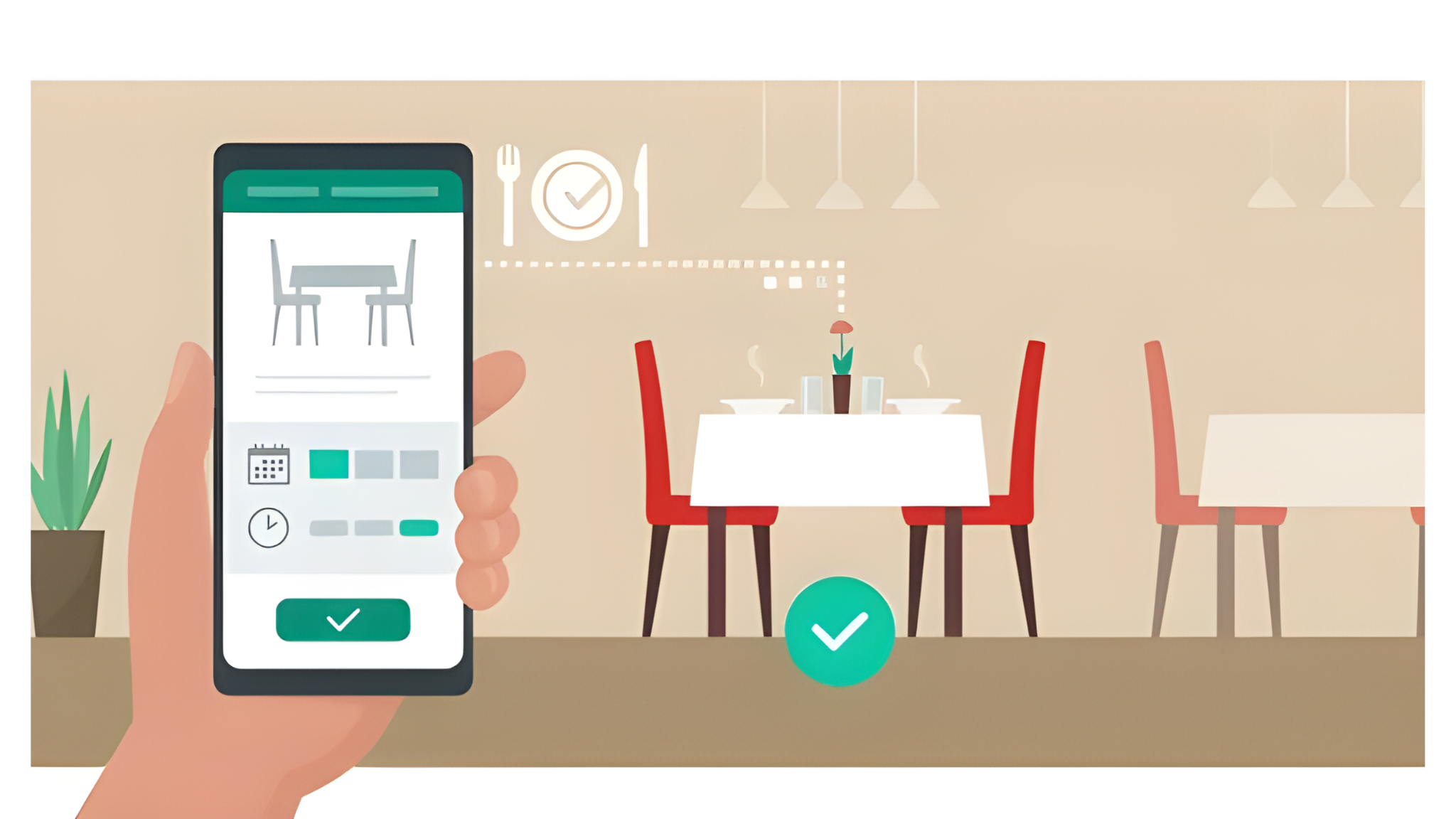
3. Reservation System
Implementing a reservation system on your website streamlines the booking process for both customers and staff. Allow customers to reserve tables online, view availability in real-time, and receive confirmation emails for their bookings.
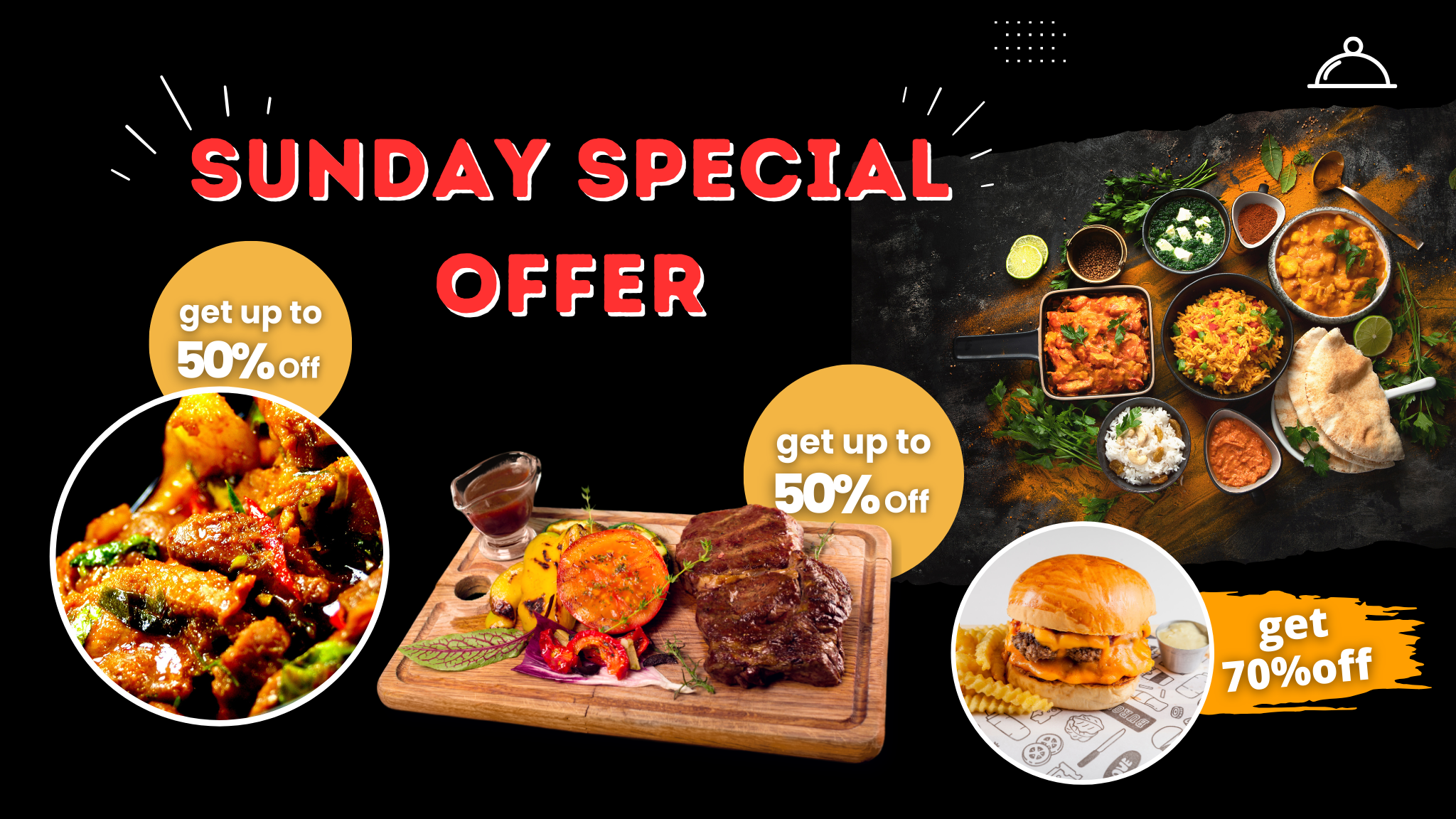
4. Promotion & Specials
Use your website to promote special events, discounts, and seasonal offerings. Creating dedicated pages or sections for promotions helps to highlight these opportunities and encourages visitors to take advantage of them.
Leveraging WordPress Plugins for Restaurants Success
WordPress offers a vast ecosystem of plugins that can enhance the functionality and features of your restaurant website. Here are some essential plugins to consider:
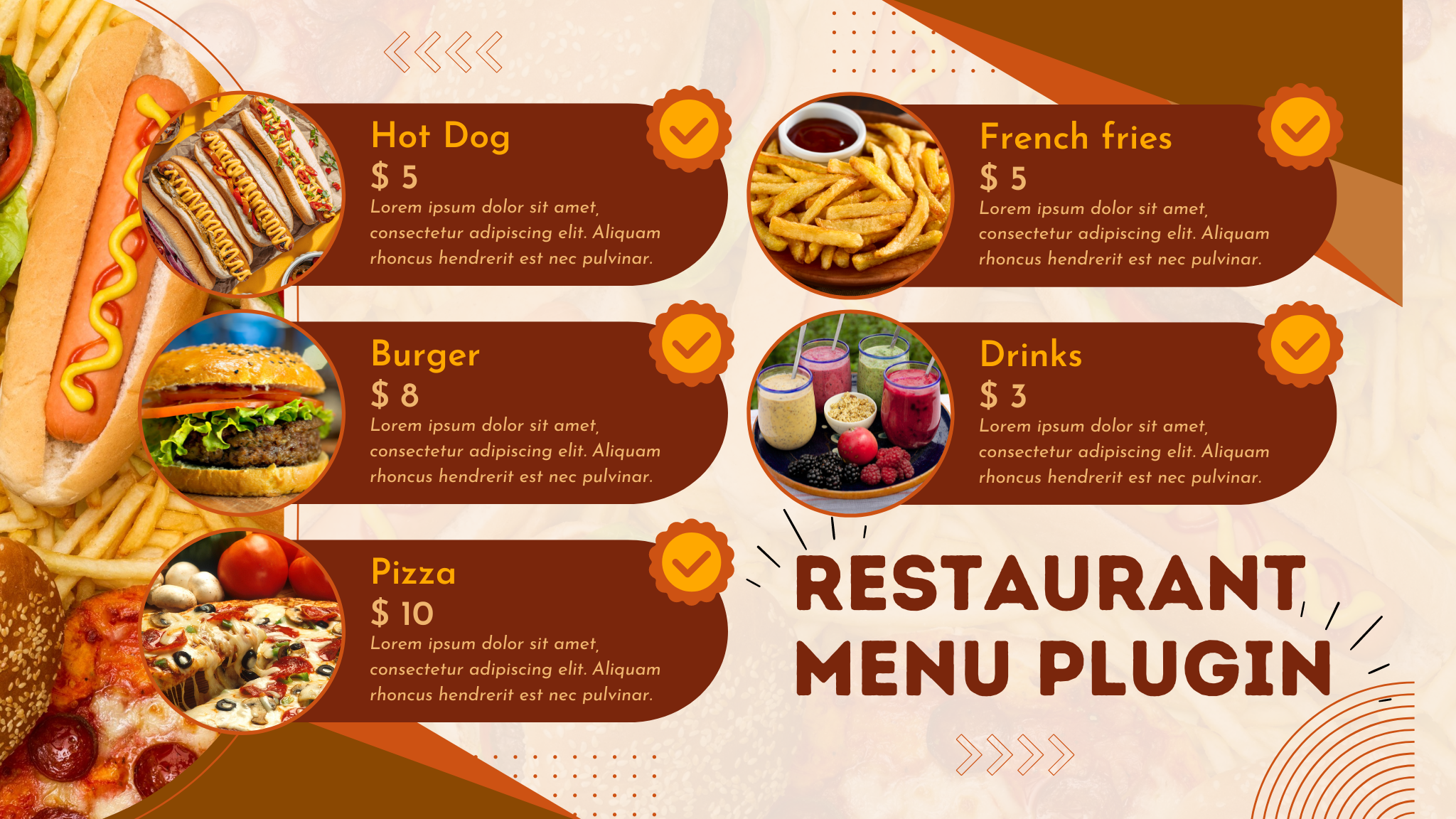
1. Restaurant Menu Plugins
Plugins like FoodPress or WP Restaurant Menu allow you to create visually appealing menus and organize your dishes into categories for easy navigation.
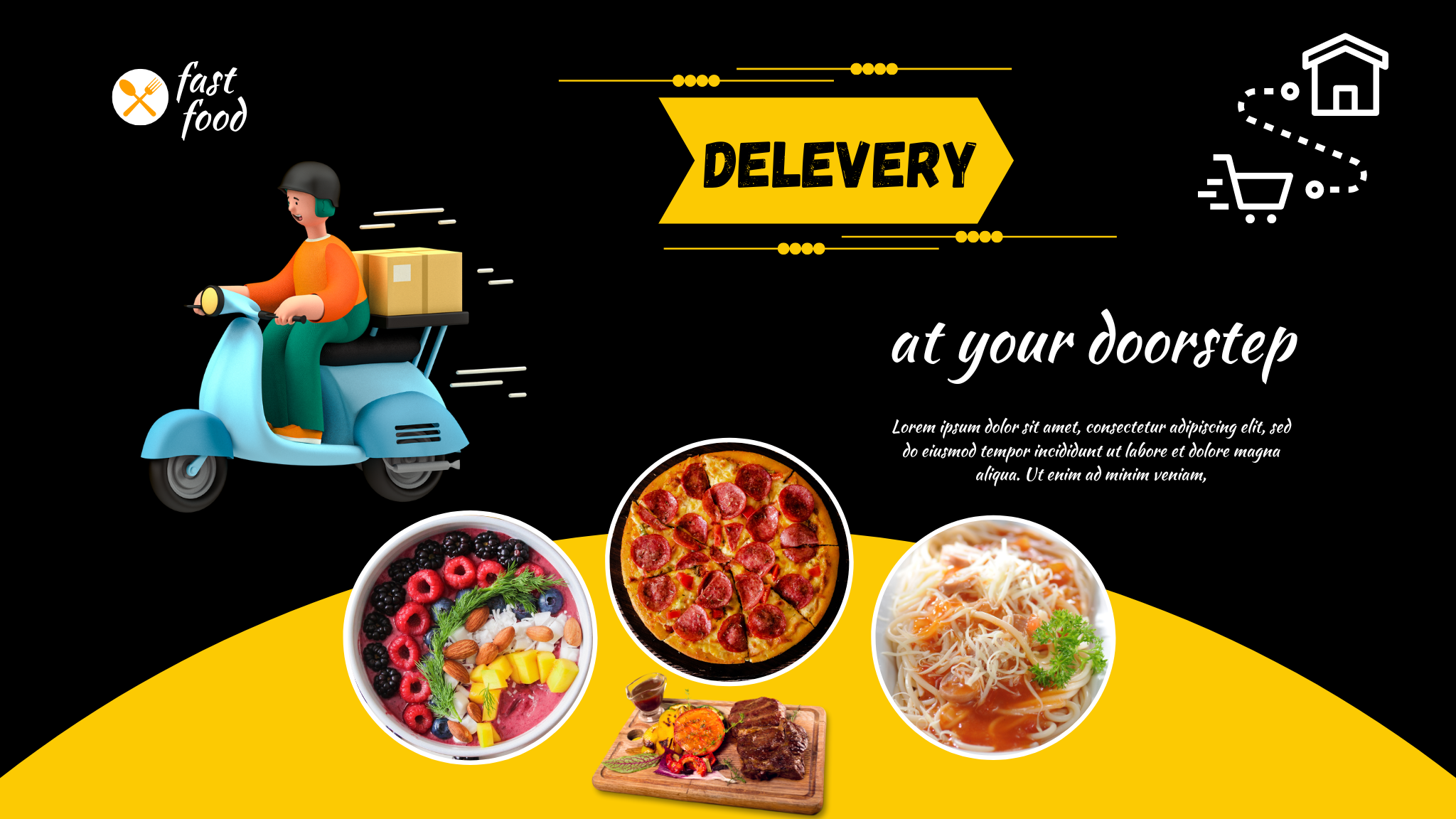
2. Online Ordering Plugins
Integrate plugins such as WooCommerce or Restaurant Order Online to enable online ordering and payment processing directly on your website.
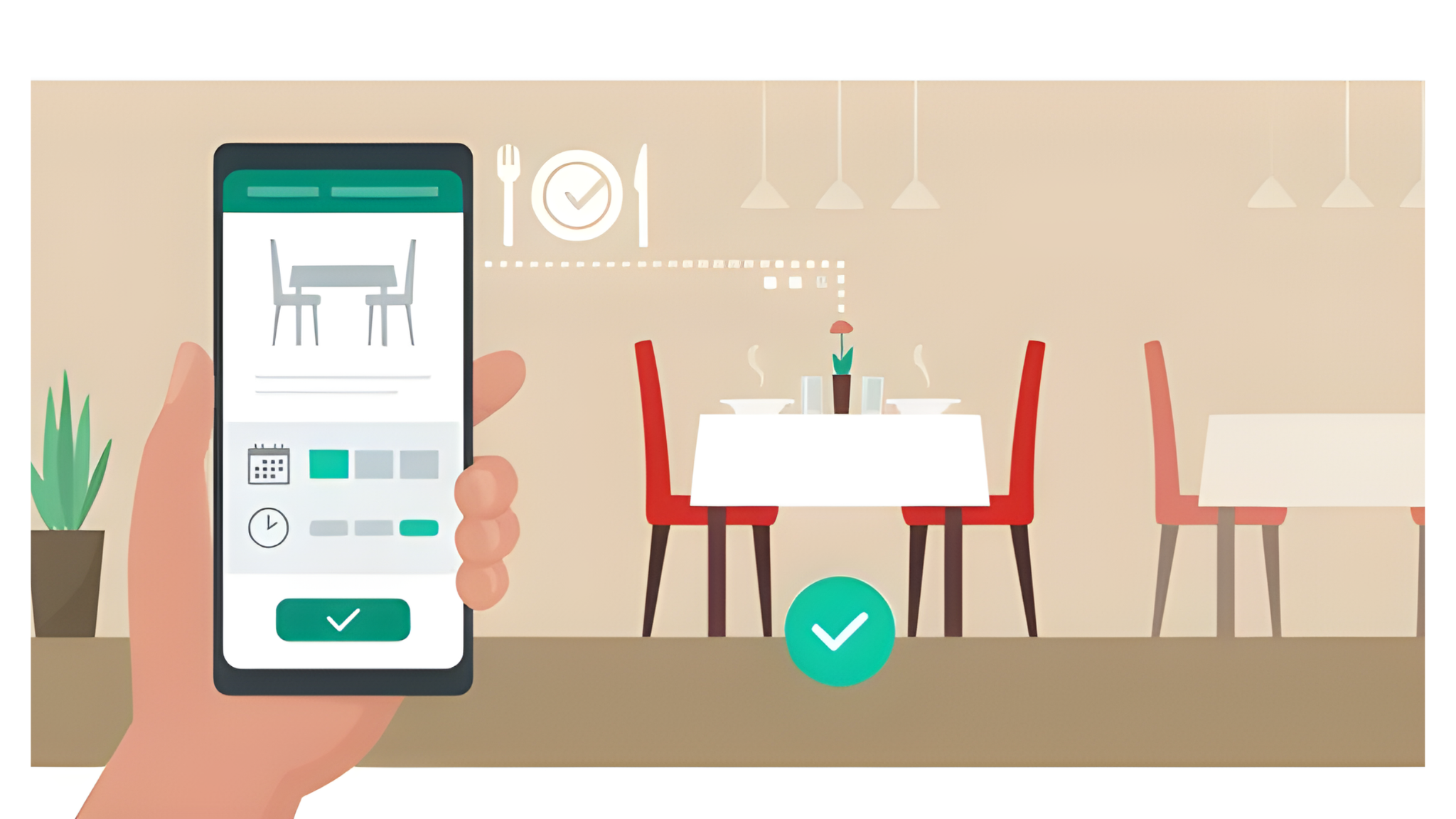
3. Reservation System Plugins
Utilize plugins like OpenTable or Restaurant Reservations to implement a robust reservation system that seamlessly integrates with your website.

4. SEO Plugins
Enhance your website’s visibility in search engine results with SEO plugins like Yoast SEO or All in One SEO Pack. These plugins help optimize your content, meta tags, and site structure for better search engine rankings.
Creating Compelling Content for Your Restaurant Website
In addition to functionality, the content on your restaurant website plays a crucial role in attracting and engaging visitors. Here are some content ideas to consider:
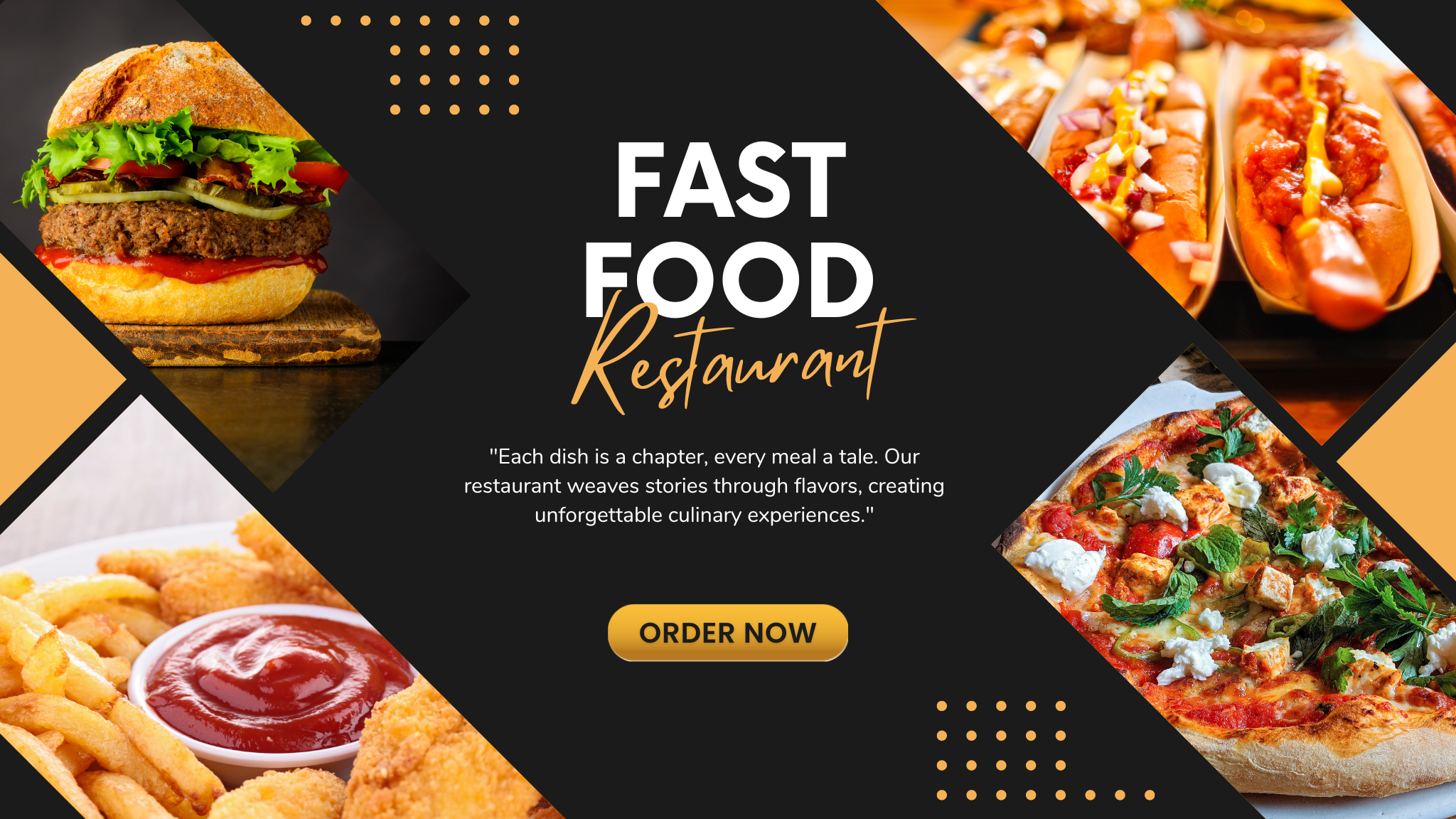
1. Storytelling
Share the story behind your restaurant, including its history, inspiration, and unique features. Personalizing your brand helps to forge a connection with customers and sets you apart from competitors.
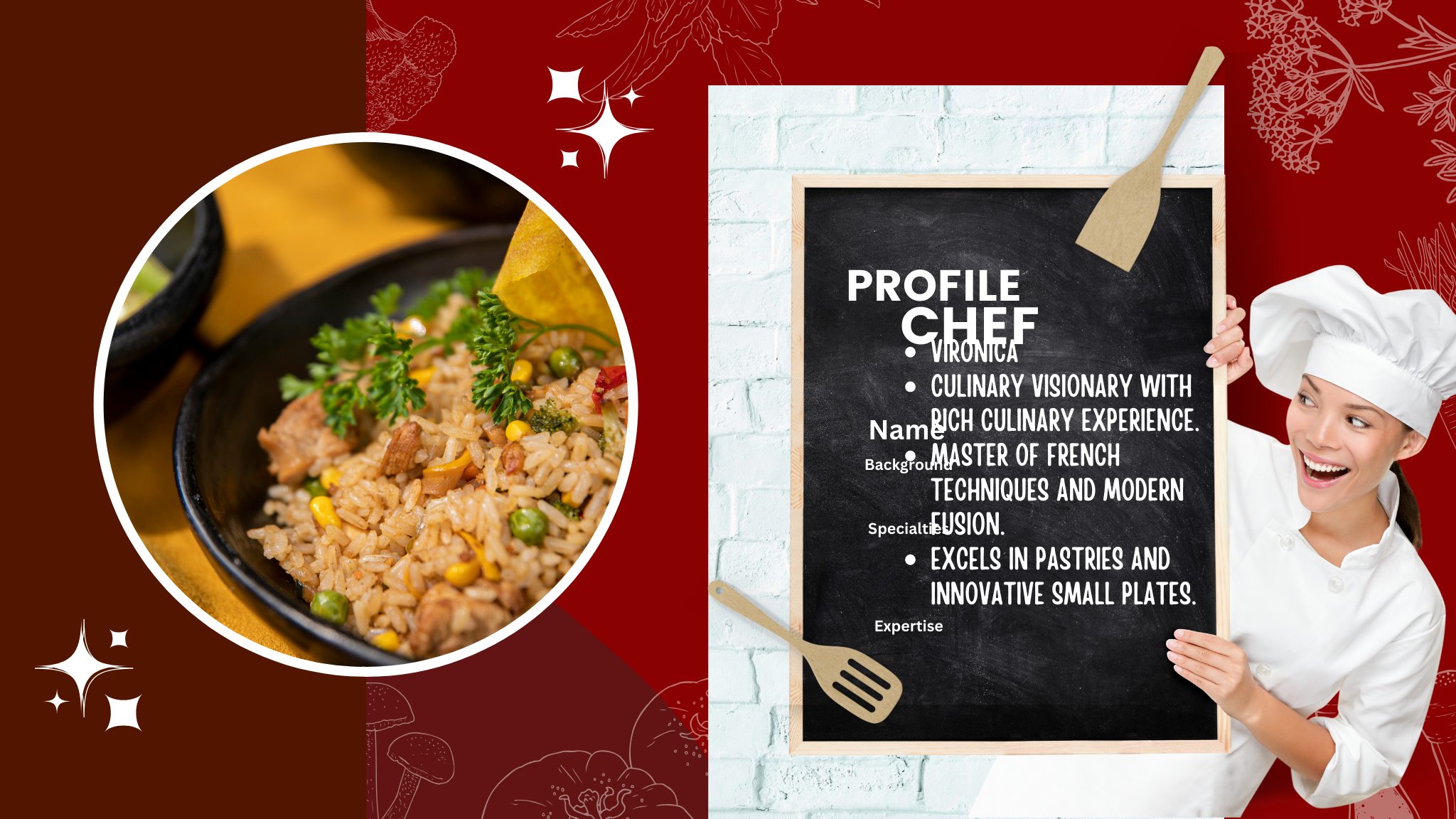
2. Chef Profiles
Highlight the talented chefs and culinary team behind your restaurant’s delicious creations. Share their backgrounds, specialties, and culinary philosophies to showcase the expertise and passion driving your kitchen.
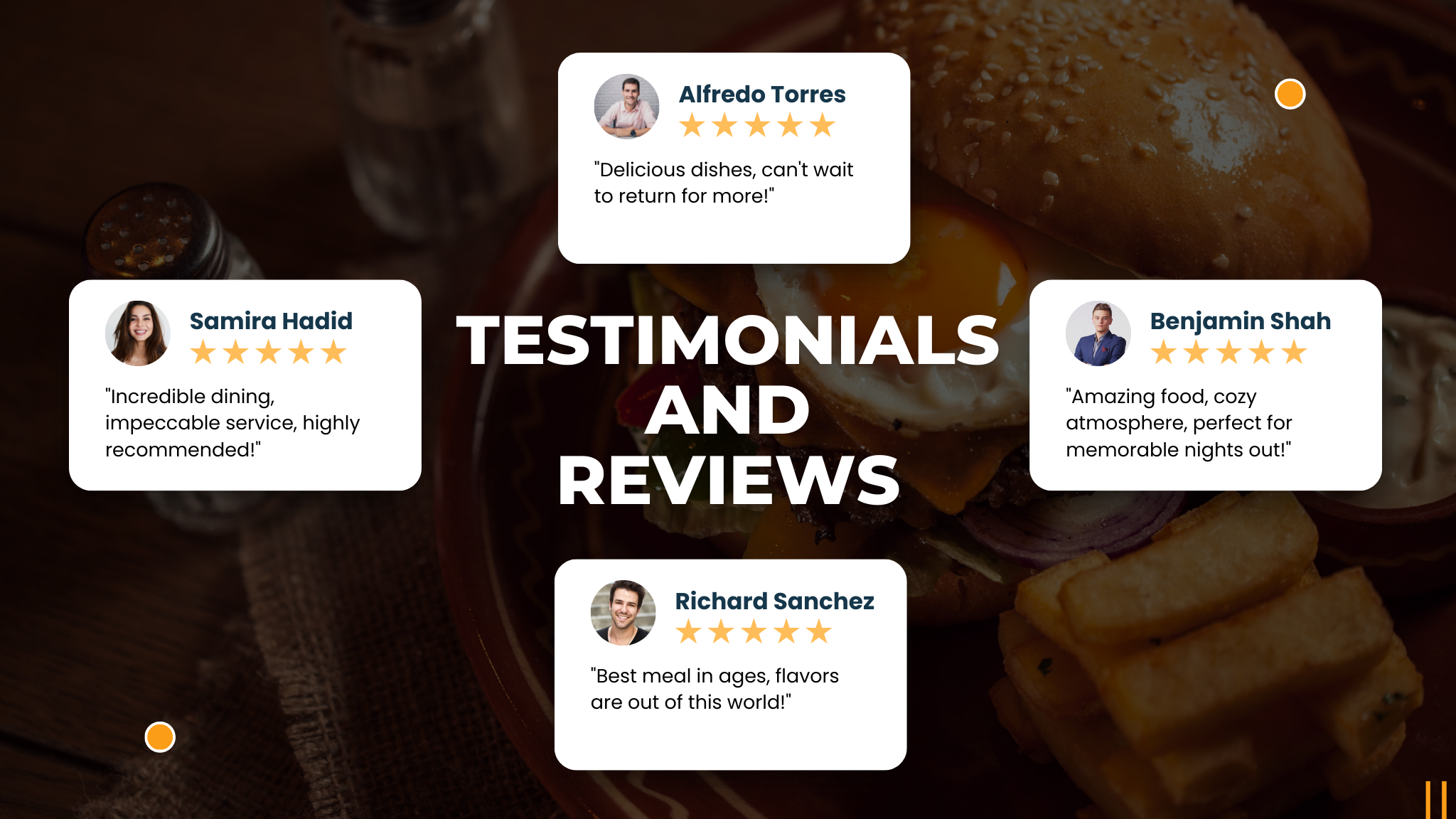
3. Customer Testimonials
Feature testimonials and reviews from satisfied customers to build trust and credibility. Consider including photos or video testimonials for added authenticity.
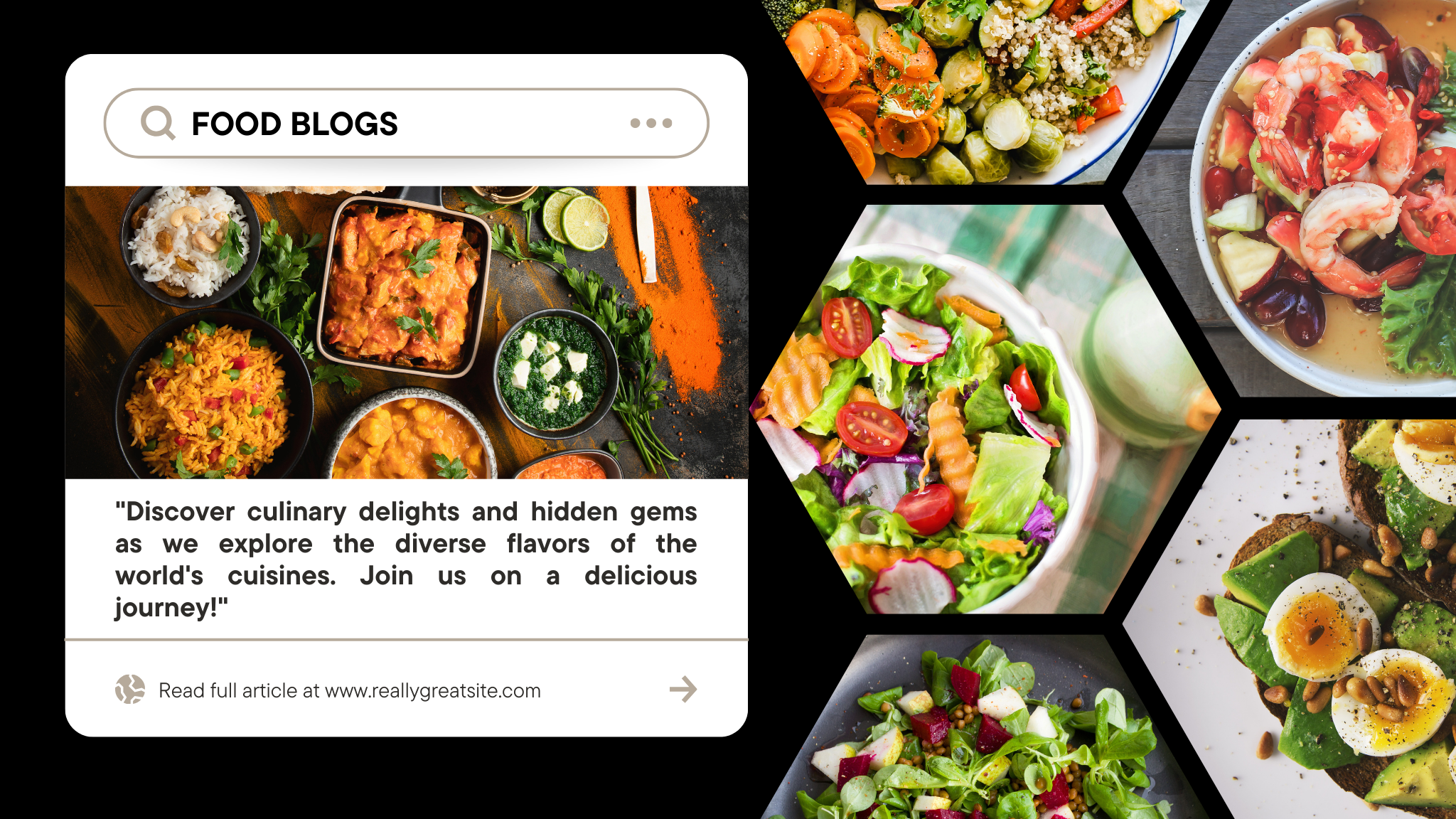
4. Food Blog
Start a food blog on your website to share recipes, cooking tips, behind-the-scenes glimpses, and industry insights. A well-maintained blog can attract traffic, engage visitors, and position your restaurant as an authority in the culinary world.
Engaging with Customer Through Social Media
Social media platforms offer powerful tools for engaging with customers, promoting your restaurant, and driving traffic to your website. Here are some strategies to leverage social media effectively:
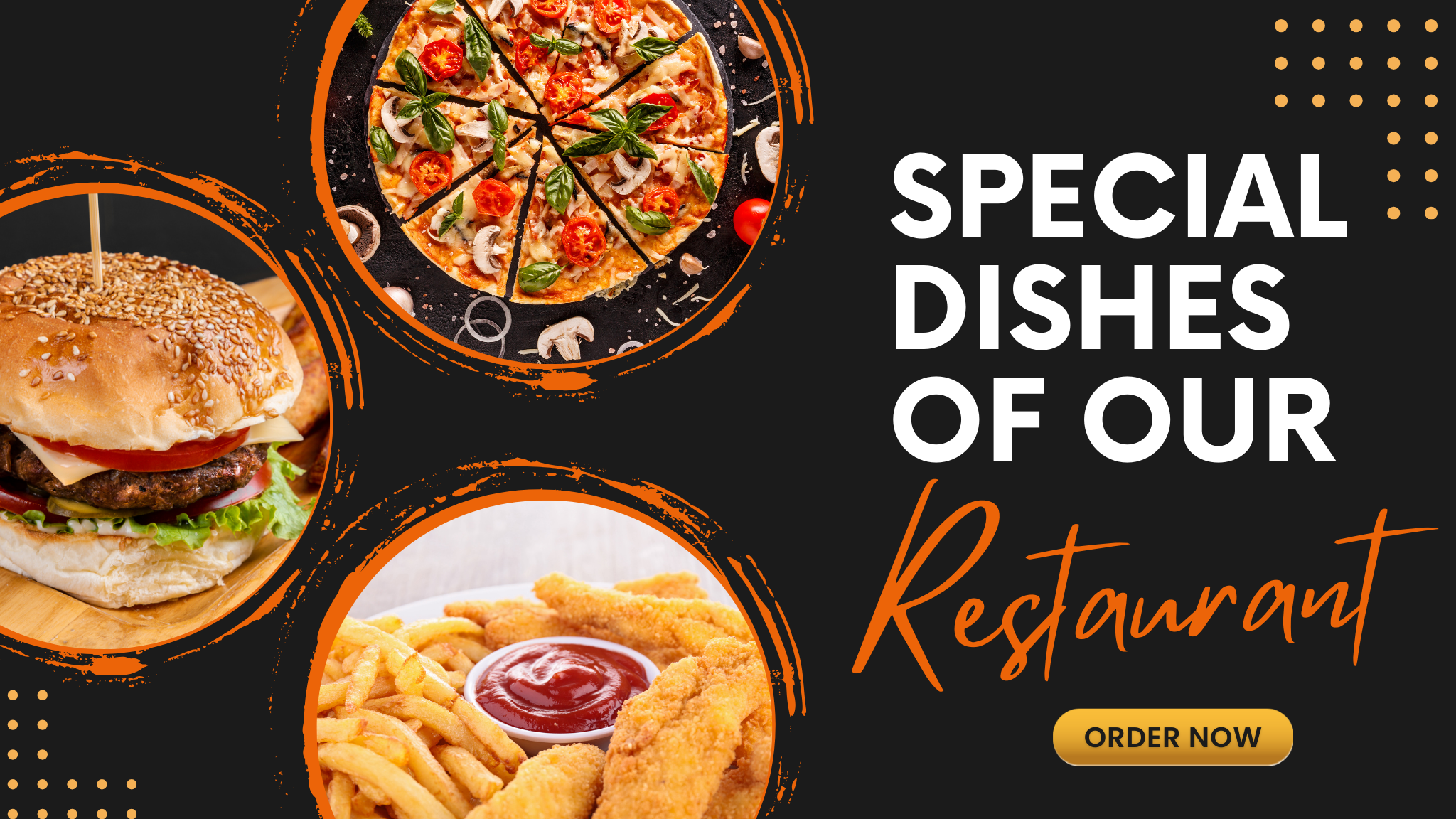
1. Visual Content
Share mouthwatering photos and videos of your dishes, ambiance, and behind-the-scenes moments on platforms like Instagram, Facebook, and Pinterest. Visual content is highly engaging and can attract attention to your restaurant.

2. Promotion & Special Offers
Use social media to promote special events, discounts, and promotions. Create eye-catching graphics and post regularly to keep your audience informed and engaged.

3. Community Engagement
Get involved in local communities and food-related groups on social media. Participate in conversations, share relevant content, and collaborate with other businesses to expand your reach and connect with potential customers.
Measuring Success & Measuring Improvement
Monitoring and analyzing the performance of your restaurant website is essential for making informed decisions and optimizing your online presence. Here are some metrics to track:

1. Website Traffic
Monitor website traffic metrics such as page views, unique visitors, and bounce rate to understand how visitors are interacting with your website.

2. Conversion Rate
Track conversion metrics such as online orders, reservations, and email sign-ups to measure the effectiveness of your website in driving actions from visitors.

3. Social Media Engagement
Monitor engagement metrics on social media platforms, including likes, comments, shares, and follower growth, to gauge the effectiveness of your social media efforts.

4. Customer Feedback
Collect and analyze customer feedback through online reviews, surveys, and direct feedback channels to identify areas for improvement and address customer concerns.
Conclusion
Creating a successful restaurant website goes beyond the development process; it requires ongoing optimization, engagement, and innovation. By leveraging the power of WordPress, implementing essential plugins, creating compelling content, engaging with customers through social media, and measuring success metrics, restaurants can enhance their online presence, attract more customers, and thrive in the digital age. With a strategic approach and a commitment to excellence, your restaurant website can become a valuable asset that drives growth and success for your business.

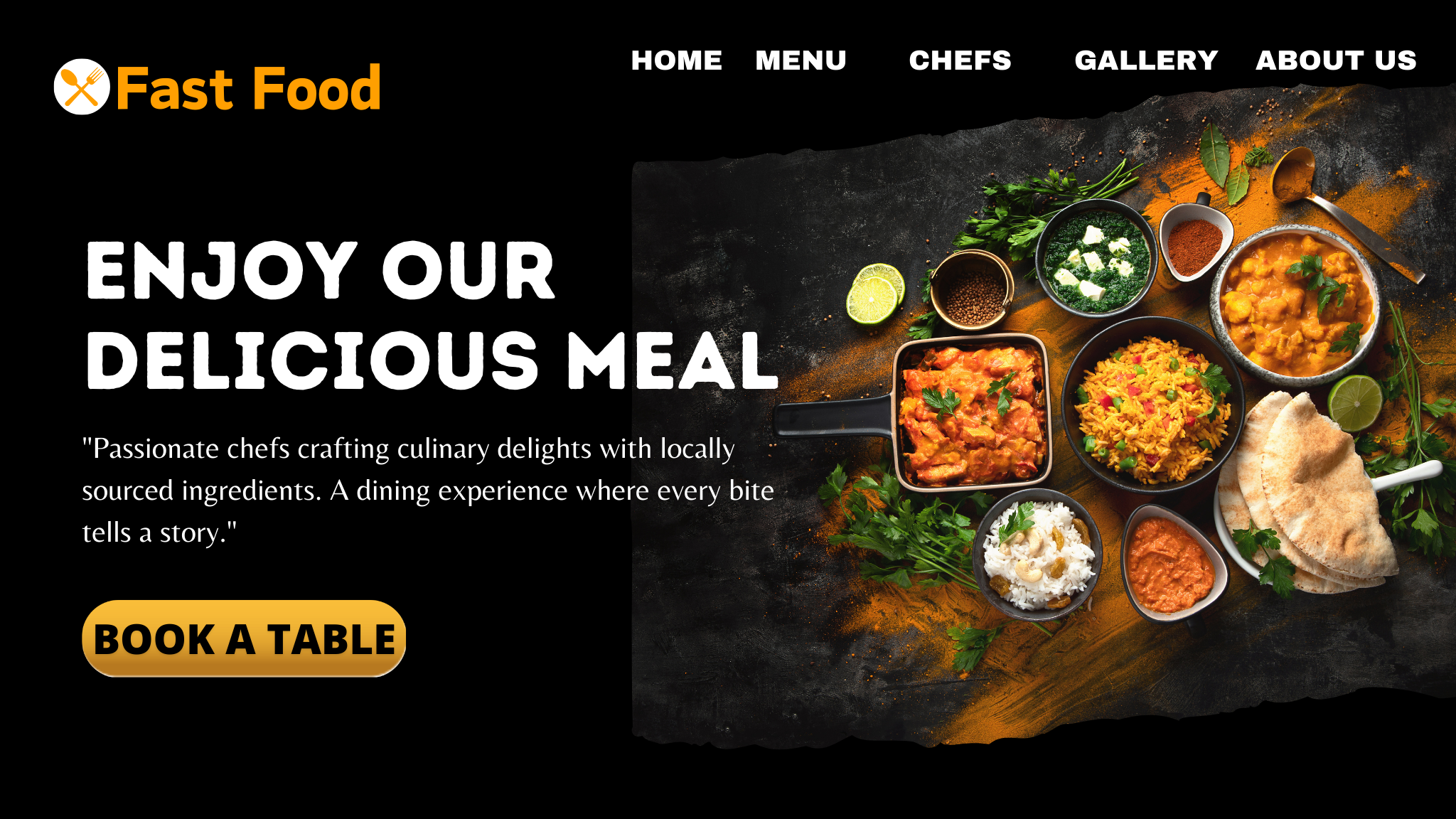
Add a Comment